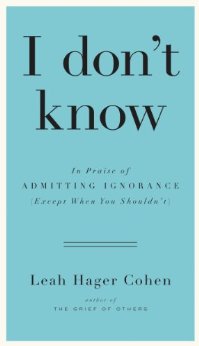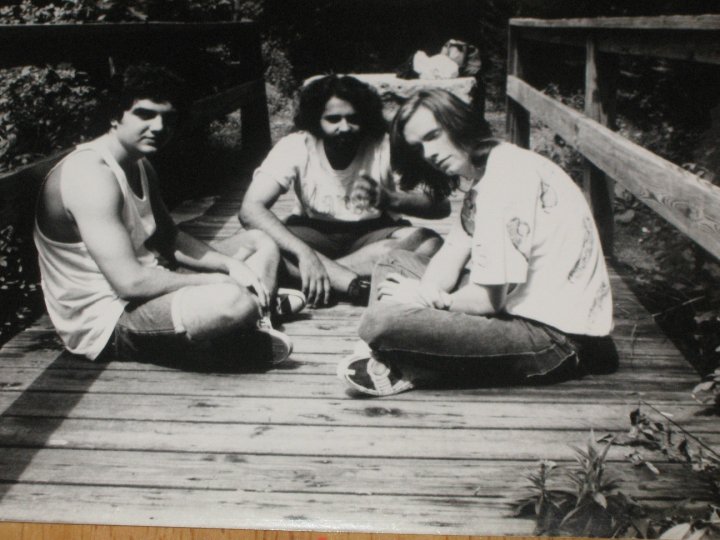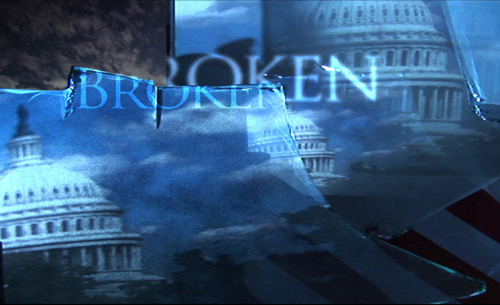I’ve been listening to The Beatle’s White Album a lot lately. I played it relentlessly in my younger years, admittedly out of curiosity. I had just read Helter Skelter for the first time and wanted to hear the songs Charles Manson used, along with the Bible, to brainwash his followers.
Mood music:
It’s been several years since I listened to the album; most days I prefer classic heavy metal. But I’m currently reading Manson: The Life and Times of Charles Manson by Jeff Guinn, and he spends quite a bit of time talking about this album and The Beatles in general.
As Guinn tells it, Manson first heard the band on a prison radio when he was serving one of his many jail sentences in the mid-1960s. Manson had an epiphany: Once released, he could take his singing and guitar-playing and make himself bigger than The Beatles. Later, he’d write songs with the express purpose of spreading his warped messages and cozied up to the likes of Beach Boy Dennis Wilson in an attempt to land a record deal. Around that time, the White Album came out and Manson became obsessed with it. He told his followers The Beatles were predicting a coming war between blacks and whites, which he called Helter Skelter, named for one of the songs on the album.
The song “Blackbird,” Manson told his followers, was The Beatles telling African Americans to rise up against their oppressors. “Piggies” was about the white establishment and how they needed, as The Beatles sang, a “damn good whacking.” “Revolution 1” and “Revolution 9” told of the coming apocalypse. Manson fused the lyrics with passages from the Bible’s Book of Revelations and painted a picture where the blacks would rise up, kill all the whites in a race war (Helter Skelter) and come out on top.
During the chaos, Manson told his followers, the family would hide in Death Valley. The blacks would eventually realize they couldn’t rule without the white man’s help and would come to Manson and his family for help. Then, they’d rule the world.
The murders that followed were Manson’s attempt to start Helter Skelter. A bloody paw print was left on the wall of murder victim Gary Hinman’s house in an attempt to make it look like the Black Panthers were responsible. At the Tate murder site, pig was scrawled on the front door in Sharon Tate’s blood, pig being what the Panthers and other militant groups called police.
Against the backdrop of Guinn’s book, I’m listening to each song. The experience is different from when I listened to them in my teens. Back then, the songs scared the crap out of me. Today, they’re just a nice collection of songs, arguably The Beatle’s best. “Revelution 1” actually ridicules the militant revolutionaries of the day. “Helter Skelter” was about an amusement park ride.
It still sickens me to think about how Manson distorted beautiful music to brainwash young kids who were down on their luck and suffering from social discontent and varying degrees of mental illness into cold-blooded murderers.










